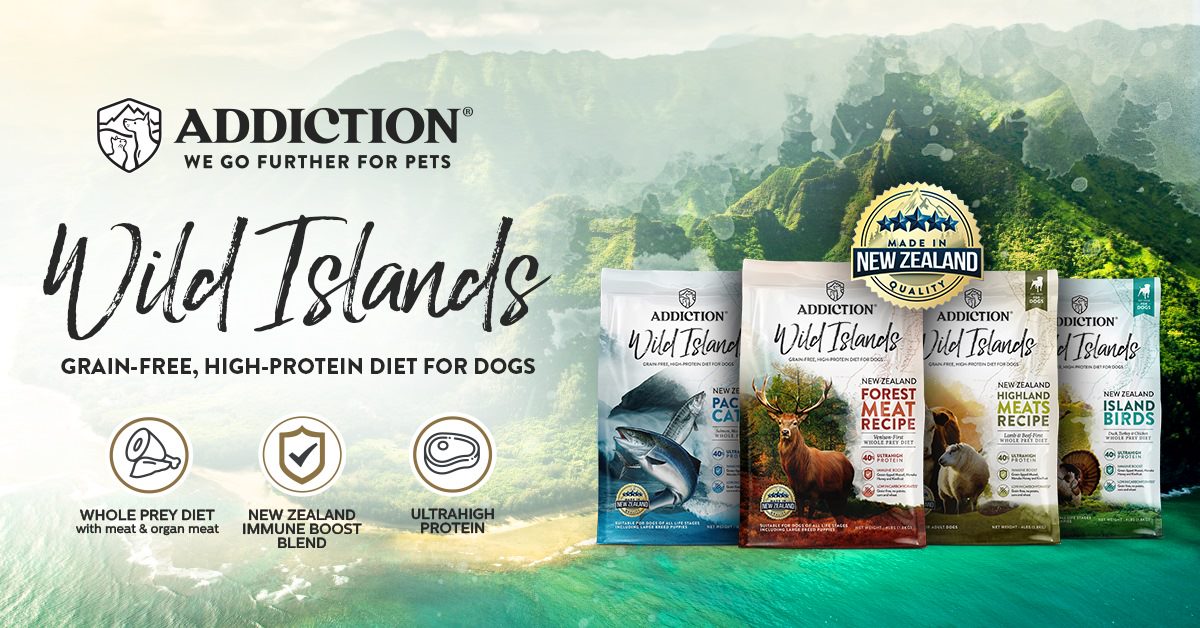FAQs About Cat Food

1. What is a prescription diet for cats?
Prescription diets are special therapeutic diets that are specially formulated for specific health issues, such as cat food allergies, weight management, kidney problems, diabetes, and other specific medical conditions. While some prescription diets are only given for a specific length of time as part of the supportive therapy, there are prescription diets that are recommended for the pet’s entire lifetime. These diets should only be given to cats under a veterinarian’s instructions and recommendation.
2. What is a hypoallergenic diet for cats?
Cats with food allergies benefit from eating a hypoallergenic diet. Some common allergens that are present in pet food include chicken, lamb, dairy, beef, pork, and fish. If a veterinarian suspects food allergies, there is a need to identify the specific allergen so it can be removed from the animal’s diet.
3. What is a holistic diet for cats?
A holistic diet is specially formulated for a unique purpose based on the specific nutritional requirements of cats. Some are formulated to contain high levels of fatty acids for sensitive skin and promote healthy skin and coat; there are also holistic diets for cats that are rich in digestible proteins or probiotics using wholesome and high-quality ingredients.
4. What’s the difference between wet and dry cat food?
Wet and dry cat foods of premium quality are formulated to meet the dietary requirements of specific life-stages of cats. Some cats, however, have a preference between wet food and dry food. There are 2 main differences between wet and dry cat food. These include the water content and storage.
- Water content: Dry food contains 6-10% water while canned pet food has about 70-85% water.
- Storage: Dry food is usually packaged in a sealed bag and should be stored in an airtight container in its original packaging to preserve the quality and freshness. On the other hand, canned pet food that has been opened should be stored in the refrigerator as it can quickly go bad when left out, especially when environmental temperatures are warm.
5. Should I feed my cat dry or wet food?
Both dry and wet cat food has pros and cons. Kibble is more economical and helps prevent the build-up of plaque and tartar. It is also more calorie-dense compared to wet food. On the other hand, wet or canned cat food contains more water and many cats find it more palatable.
6. What is the best cat food for older cats?
Senior cats benefit from a soft cat kibble because their teeth and gums are not as tough as they once were. They may also have some teeth missing, which makes chewing hard kibble difficult. The best rations for senior cats contains slightly more moisture than your usual kibble, and many owners choose to switch them to a wet food diet.
7. What is the best cat food for diabetic cats?
While there is no best cat diet choice for all cats with diabetes mellitus, veterinarians recommend diets that are low in carbohydrates and high in proteins because a high-carbohydrate diet can cause sudden spikes in the levels of blood sugar. Most diets for diabetic cats are canned formulas that contain little or no carbohydrates at all.
8. Are grain-free cat foods better than foods that contain grains?
Grains, particularly whole grains, are excellent sources of energy, fiber, vitamins, and minerals. It also contains phytonutrients. But grain-free diets, especially those with high protein and low carbohydrates are often recommended for diabetic cats. However, there are grain-free diets that contain potatoes to replace the energy source of the formulation. Take note that potatoes contain higher amounts of carbohydrates than grains, thus, you would be feeding your cat a high carbohydrate, low protein grain-free diet.
9. Are organic and natural pet food products good for cats?
Pet food that is labeled ‘organic’ must have ingredients that are 100% organic, including how it is processed. On the other hand, a product that is labeled ‘made with organic’ means that about 70% of the ingredients are organic. Research-based evidence, however, shows that there are no additional benefits to using organic ingredients in cat food diet compared to products that use non-organic ingredients. Many pet owners choose to give organic cat foods to their pets because it doesn’t contain artificial colors, preservatives, flavorings, and other foods that cats should avoid.
10. How long does it take for cat food to lose its freshness and quality?
Reputable pet food manufacturers always include a “best before†date on product labels. But how pet food is stored at home can affect its shelf-life. Pet food should be stored in a location that is cool and dry. It must also be sealed so the contents won’t be exposed to the elements as well as to vermin.
Kibble placed in food bowls remains good for a day if it is not exposed to hot temperature or moisture. Canned pet food should not exceed more than 4 hours in room temperature. Once canned pet food is opened, it should be stored in the fridge for up to 7 days.
11. Why should I buy cat food according to my cat’s lifestage?
Different life-stages of cats have specific nutritional needs. Kittens require a high-calorie, high protein diet to meet their needs for growth and development. Adult cats need a maintenance formula, while senior pets need a lower calorie diet. Each life-stage also has a specific need for various nutrients, including vitamins and minerals. There are also foods formulated for all life stages. These foods can be fed at any stage of your cat’s life, but it is recommended to adjust the feeding portion as your pet progresses from one life stage to another.
12. Should I follow the feeding recommendations on the pet food label?
The feeding recommendations that can be found on the label of cat food products serves as a guide. The amount of food that your pet needs will depend on its body condition, overall health, age, and lifestyle. It is also a good idea to consult your veterinarian about your pet’s diet.
13. Are there treats that can be given to overweight or obese cats?
Treats are additional sources of calories. However, your fat cat should never be deprived of treats. There are now low-calorie treats that you can buy for your pet. If your cat needs to lose weight, you should work closely with your veterinarian in creating a weight loss regimen that can help your cat get rid of the extra pounds in a healthy manner.
14. Is there a cat diet to prevent hairballs?
One of the best ways to limit hairballs is through dietary management. Some diets are specially formulated to reduce the formation of hairballs and keep ingested hair moving in the right direction to be eliminated. High-fiber diets can help sweep the hair through the gastrointestinal tract as well as promote gut health.
15. When should I change from kitten to adult food?
As a general rule, kittens are placed on a kitten formula for up to one year of age. An exception to the rule would be larger feline breeds, such as the Maine Coon, that don’t reach the adult stage until they are about 18-24 months of age. Switching from kitten food to adult food should be done gradually to prevent adverse reactions and digestive upsets. The digestive tract needs enough time to get used to the new formula.







